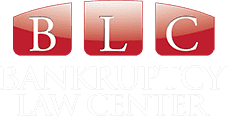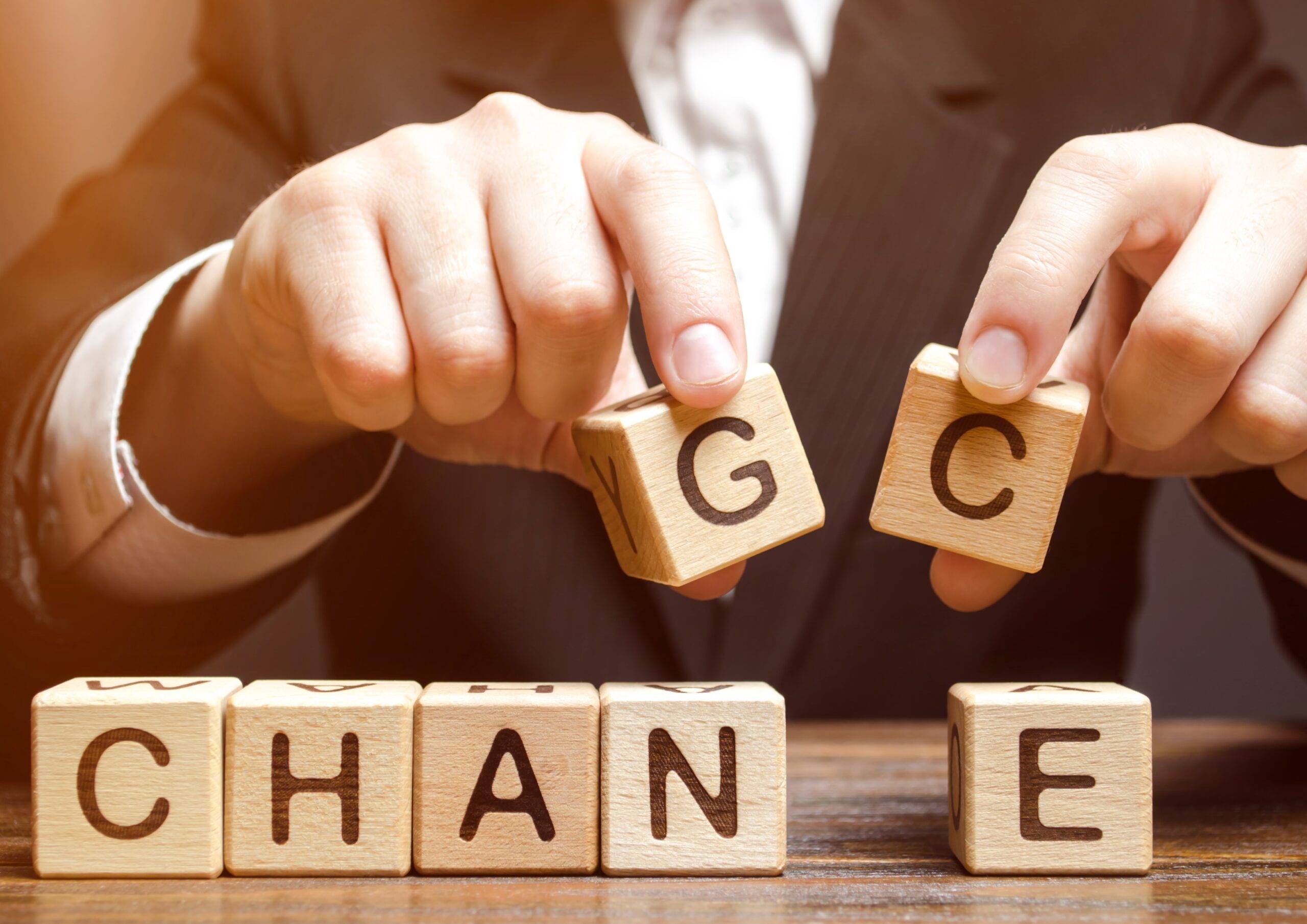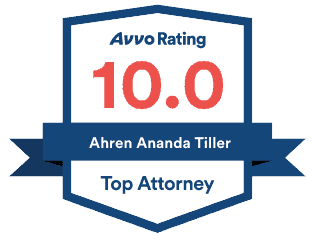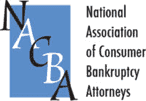
Bankruptcy is a legal process that allows individuals and businesses to discharge or reorganize their debts when they are unable to pay them back. For many people, bankruptcy can provide a fresh start and a chance to rebuild their financial lives. However, not all bankruptcies are the same. The two most common types of bankruptcy are Chapter 7 and Chapter 13, and understanding the differences between them is crucial to making the right choice for your situation. This comprehensive guide will walk you through the key differences between Chapter 7 and Chapter 13 bankruptcy, so you can make an informed decision about which option is right for you.
Understanding Chapter 7 Bankruptcy
Chapter 7 bankruptcy, also known as "liquidation bankruptcy," is a process by which most or all of your debts can be discharged, meaning you no longer have to pay them.
Here are some key things to know about Chapter 7 bankruptcy.
Eligibility:
To be eligible for Chapter 7 bankruptcy, you must pass the "means test," which evaluates your income and expenses to determine if you have enough disposable income to pay back your debts. If you fail the means test, you may still be able to file for Chapter 13 bankruptcy (more on that later). Additionally, you cannot have filed for Chapter 7 bankruptcy in the past 8 years.
Debt discharge:
In a Chapter 7 bankruptcy, most unsecured debts can be discharged, including credit card debt, medical bills, and personal loans. However, certain types of debt, such as taxes and student loans, are typically not dischargeable in bankruptcy.
Process:
The Chapter 7 bankruptcy process typically takes 3-6 months. During this time, a bankruptcy trustee is appointed to oversee your case and liquidate any non-exempt assets to pay back your creditors. However, most Chapter 7 bankruptcy filers do not have any non-exempt assets, so their debts are simply discharged.
Pros and Cons of Chapter 7 Bankruptcy
Chapter 7 bankruptcy can provide a fresh start and relief from overwhelming debt, but it is not without its drawbacks. Here are some of the pros and cons of Chapter 7 bankruptcy.
Pros:
Most or all of your unsecured debts can be discharged
The process is relatively quick, usually taking just a few months
You may be able to keep certain assets, such as your home or car, if they are exempt under your state's bankruptcy laws
You may be able to stop wage garnishments and other collection actions against you
Cons:
Your credit score will be negatively affected, and the bankruptcy will remain on your credit report for up to 10 years
You may lose non-exempt assets, such as a second home or valuable jewelry, to the bankruptcy trustee
Certain debts, such as taxes and student loans, cannot be discharged
You may have difficulty obtaining credit or loans in the future
Understanding Chapter 13 Bankruptcy
Chapter 13 bankruptcy, also known as "reorganization bankruptcy," is a process by which you can reorganize your debts and pay them back over a period of 3-5 years. Here are some key things to know about Chapter 13 bankruptcy.
Eligibility: To be eligible for Chapter 13 bankruptcy, you must have a regular income and your unsecured debts must be less than $419,275. Additionally, you cannot have filed for Chapter 13 bankruptcy in the past 2 years or Chapter 7 bankruptcy in the past 4 years.
Debt discharge:
In a Chapter 13 bankruptcy, most unsecured debts can be discharged at the end of the repayment period. However, unlike Chapter 7 bankruptcy, you will need to make regular payments to a bankruptcy trustee to repay your debts over a period of 3-5 years.
Process:
The Chapter 13 bankruptcy process typically takes 3-5 years, during which time you will make regular payments to a bankruptcy trustee. The trustee will distribute these payments to your creditors according to a court-approved repayment plan.
Pros and Cons of Chapter 13 Bankruptcy
Chapter 13 bankruptcy can provide a way to reorganize your debts and pay them back over time, but it also has its downsides. Here are some of the pros and cons of Chapter 13 bankruptcy.
Pros:
You can keep your assets, including your home and car, as long as you continue to make payments on them
You can discharge most or all of your unsecured debts at the end of the repayment period
You may be able to stop wage garnishments and other collection actions against you
You may have an easier time obtaining credit or loans in the future
Cons:
The process is much longer than Chapter 7 bankruptcy, typically taking 3-5 years
You will need to make regular payments to a bankruptcy trustee, which can be difficult if you are already struggling to make ends meet
You may be required to sell certain assets if they are not exempt under your state's bankruptcy laws
You may have difficulty obtaining credit or loans during the repayment period
Comparison between Chapter 7 and Chapter 13 Bankruptcy
When deciding between Chapter 7 and Chapter 13 bankruptcy, there are several factors to consider.
Here are some of the key differences between the two types of bankruptcy.
Eligibility:
Chapter 7 bankruptcy has stricter eligibility requirements than Chapter 13 bankruptcy. If you fail the means test, you may only be eligible for Chapter 13 bankruptcy.
Debt discharge:
Chapter 7 bankruptcy allows for the discharge of most unsecured debts, while Chapter 13 bankruptcy requires you to pay back some or all of your debts over a period of 3-5 years.
Process:
Chapter 7 bankruptcy is typically a faster process than Chapter 13 bankruptcy, but it may result in the loss of non-exempt assets. Chapter 13 bankruptcy requires regular payments over a period of 3-5 years, which can be difficult to maintain.
Credit score:
Both Chapter 7 and Chapter 13 bankruptcy will have a negative impact on your credit score, but Chapter 7 bankruptcy typically has a more significant impact.
FAQs about Bankruptcy Chapter 7 vs. Chapter 13
Bankruptcy may be a good option if you are struggling with overwhelming debt and unable to make your payments. However, it’s important to consider the potential consequences of bankruptcy, including the impact on your credit score and future ability to obtain credit or loans.
The right type of bankruptcy for you will depend on your specific financial situation and eligibility requirements. If you pass the means test and have mostly unsecured debts, Chapter 7 bankruptcy may be a good option. If you have a regular income and want to keep your assets, Chapter 13 bankruptcy may be a better fit.
Yes, filing for bankruptcy will typically put an automatic stay on wage garnishments and other collection actions, meaning that your creditors cannot continue to collect from you while the bankruptcy is pending.
Whether you can keep your home and car in bankruptcy will depend on a variety of factors, including the value of the assets, the amount of equity you have in them, and your state’s bankruptcy laws. In general, if your home or car is exempt under your state’s bankruptcy laws, you may be able to keep them.
Taxes and student loans are generally not dischargeable in bankruptcy, although there are some exceptions. In some cases, you may be able to discharge certain tax debts or include them in a Chapter 13 repayment plan. Student loans are generally not dischargeable in bankruptcy, although you may be able to discharge them if you can prove that repaying them would cause an undue hardship.
Conclusion
Bankruptcy can be a difficult and emotional decision, but it can also provide a fresh start and relief from overwhelming debt. When deciding between Chapter 7 and Chapter 13 bankruptcy, it's important to consider your specific financial situation, eligibility requirements, and debt discharge options. Seeking the advice of a bankruptcy attorney can also be helpful in making an informed decision about your financial future.
Remember that bankruptcy should not be taken lightly and that it is a serious decision that should be made after careful consideration. Both Chapter 7 and Chapter 13 bankruptcy can provide a path to financial recovery, but it's important to understand the differences between the two options and choose the one that is best for your situation.
If you are struggling with overwhelming debt, don't hesitate to seek help. There are many resources available, including credit counseling agencies, bankruptcy attorneys, and other financial professionals who can help you make a plan to get back on track. With the right guidance and support, you can overcome your financial challenges and build a brighter future.
